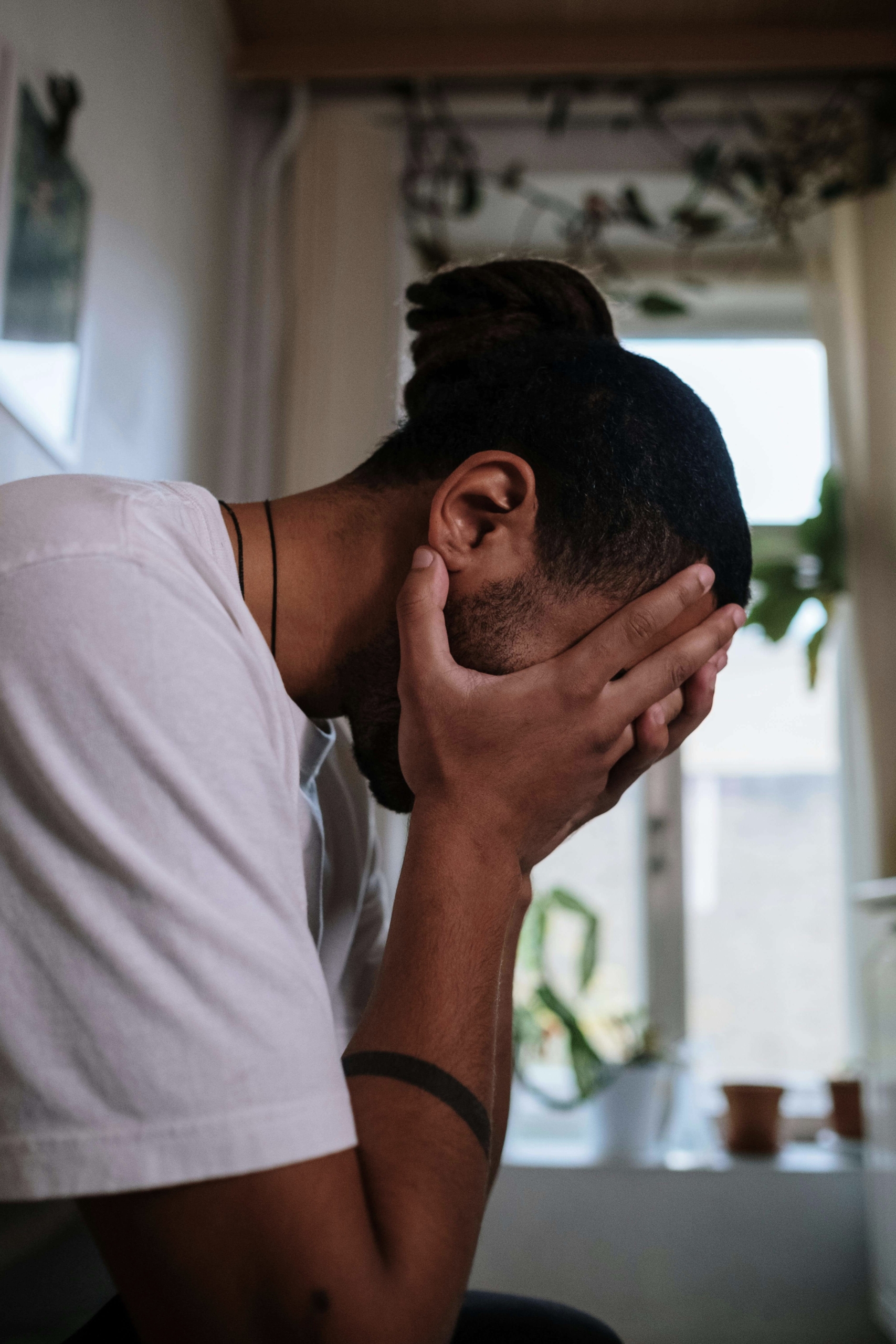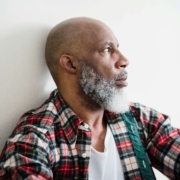The Quiet Struggle: Understanding Men’s Mental Health
When you ask most men how they’re doing, you’ll usually hear a quick reply: “Good.” “Fine.” Maybe even a joke to change the subject.
It sounds ordinary, but those small words can cover a lot — stress that never lets up, pressure to hold it together, or a quiet struggle that rarely gets spoken aloud. Holding it together on the outside doesn’t always mean things feel steady on the inside.
For generations, many men learned to push through — to handle it, fix it, or bury it. People often label vulnerability as weakness. Asking for help can feel like failure. But that silence comes with a cost — one that affects health, relationships, and overall well-being.
The Culture of “I’m Fine”
For many men, emotional pain doesn’t even register as something that needs attention. The stress, sadness, or pressure may be there, but years of conditioning make it feel normal. Feeling worn out or frustrated seems like part of life.
 From an early age, many boys learn that strength means control: control your emotions, control the outcome, control yourself. They grow into men who solve problems, push through discomfort, and take care of everyone else first before acknowledging their own needs. Over time, however, that “I’m fine” reflex becomes automatic.
From an early age, many boys learn that strength means control: control your emotions, control the outcome, control yourself. They grow into men who solve problems, push through discomfort, and take care of everyone else first before acknowledging their own needs. Over time, however, that “I’m fine” reflex becomes automatic.
When emotions do show up, many men reroute those feelings into action — fixing something, working longer hours, going to the gym, grabbing a drink, or cracking a joke. At first, these behaviors can appear productive, even admirable, but underneath them sits a quiet message: Don’t slow down. Don’t feel too much. Don’t let it show.
When connection feels hard, men can slip further into isolation without realizing it. Therapist Kevin Bergen writes about the invisible loneliness many men carry — the kind that lingers even when you’re surrounded by people but rarely open up. In addition, he explains how men often long for connection but lack the support or emotional tools to build it, which can create a deeper emotional disconnection.
Read Kevin Bergen’s article on male loneliness and men’s groups here.
When Coping Becomes Surviving
That mindset can carry men far — until it no longer works.
As a result, years spent managing stress through control, achievement, or distraction can make it easy to lose touch with what’s happening internally. Signs of distress may show up subtly: constant irritability, restlessness, fatigue, or that ongoing sense of being “off” without knowing why.
Many men talk about feeling detached from the people closest to them. Others notice they can’t relax, even during downtime. In those moments, the nervous system often shifts into high alert — constantly scanning, solving, and fixing — without any space to restore or reconnect.
This response isn’t a weakness; it develops through conditioning. Survival mode becomes the only mode.
The Cost of Staying Silent
Without an outlet, emotions build pressure. Sometimes they erupt in sharp anger, sarcasm, or complete shutdown. Other times, however, it turns inward: self-criticism, burnout, guilt, or emotional numbness.
And the consequences show up in real ways.
 The impact of staying quiet can be devastating. The National Institute of Mental Health reports that in 2023, men died by suicide at 22.8 per 100,000, while the rate for women was 5.9 per 100,000. These numbers reflect more than statistics — they reveal how many men struggle in silence. Read the National Institute of Mental Health – Suicide Statistics.
The impact of staying quiet can be devastating. The National Institute of Mental Health reports that in 2023, men died by suicide at 22.8 per 100,000, while the rate for women was 5.9 per 100,000. These numbers reflect more than statistics — they reveal how many men struggle in silence. Read the National Institute of Mental Health – Suicide Statistics.
According to the Anxiety & Depression Association of America, nearly 1 in 10 men experience anxiety or depression. Yet, men are far less likely to seek help — and far more likely to struggle alone. Read the ADAA’s men’s mental health data here.
Men often say things like, “I don’t know why I’m so frustrated all the time,” or “I should be happy, but I’m not.” These statements don’t come from failure; they come from disconnection — from needs, emotions, and from the part of themselves that learned to stay quiet.
It’s not that men don’t feel deeply. It’s that they were never taught how to handle what they feel without shame or judgment.
What Healing Can Look Like
Therapy offers men a space to stop carrying everything alone — to slow down, unpack what’s been weighing on them, and learn healthier ways to cope.
Similarly, many men appreciate therapy approaches that feel fine, structured, practical, and skill-based. That’s why approaches like DBT, EMDR, cognitive behavioral therapy, and even men’s groups often resonate. These approaches focus on tools, mindset shifts, and actionable steps — not just emotional processing.
DBT (Dialectical Behavior Therapy)
In DBT, we work on skills that help you understand your emotions, calm your body, and communicate more effectively. Instead of reacting impulsively or shutting down, you practice responding from a place of awareness and intention. Men often like DBT because it offers concrete steps and practical tools for daily life.
EMDR (Eye Movement Desensitization and Reprocessing)
Some men find that deeper work brings the most change. EMDR helps your brain reprocess painful experiences — the ones that quietly influence how you see yourself and others. Whether it involves pressure always to be “the strong one,” memories of criticism, or moments you still carry shame, EMDR helps your nervous system release what it has held for years.
As a result, many men describe feeling lighter, calmer, and more grounded after EMDR. EMDR doesn’t erase what happened — it helps you stop reliving it.
Redefining Strength
Healing doesn’t mean becoming someone you’re not — it means becoming more yourself.
True strength doesn’t come from silence or stoicism. It grows from the courage to face yourself honestly, to unlearn old patterns, and build a life that feels genuine.
You can remain dependable, resilient, and strong while also making space for sadness, tenderness, or fear. That balance often creates a deeper connection with yourself, your partner, your kids, and the people who matter most.

Taking the First Step
Whether you seek therapy now or sometime in the future, you deserve support that honors your experience. Healing doesn’t have to happen alone, and sometimes the first step is simply exploring what feels right for you.
If you’d like to connect, ask questions, or learn more about how I work, I’m here as a resource. You’re welcome to reach out, and I can share more about my approach or discuss what next steps might be most helpful for you.
Offering DBT and EMDR therapy for adults in Las Vegas, NV, and Torrance, CA, with online sessions across California, Nevada, and Oregon.









